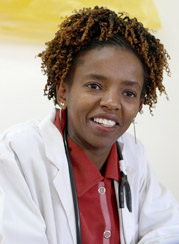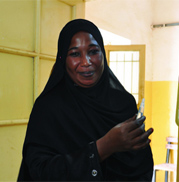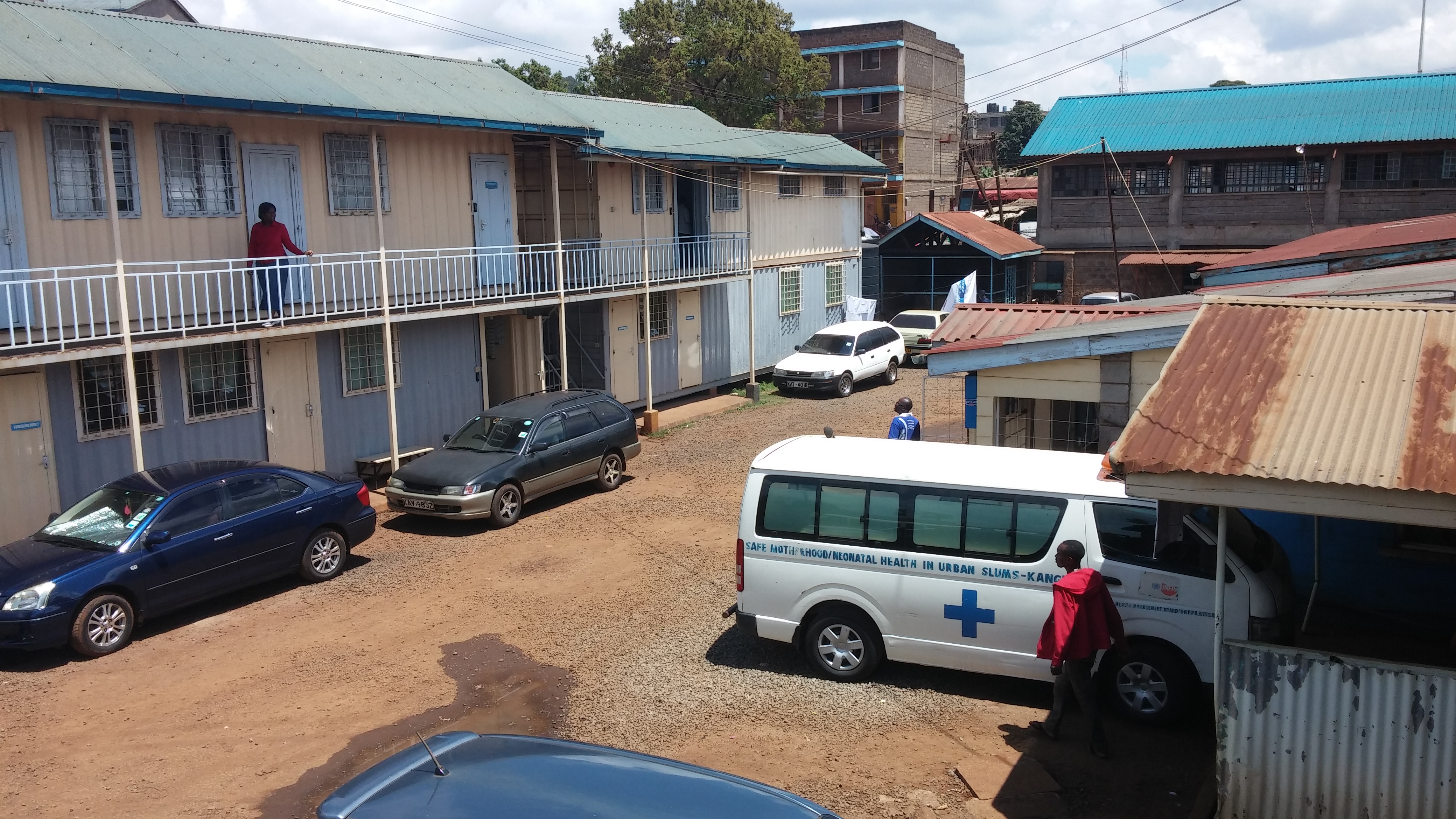 Despite major advances in treatment and prevention, 1.5 million people a year die from AIDS-related causes, and more than 2 million a year contract HIV—that’s almost 6,000 a day or 20 during the five-minute read of this post.
Despite major advances in treatment and prevention, 1.5 million people a year die from AIDS-related causes, and more than 2 million a year contract HIV—that’s almost 6,000 a day or 20 during the five-minute read of this post.
I have treated many patients living with HIV/AIDS and overseen numerous clinical trials related to potential treatments. And I have closely tracked the effects of HIV over the years in my own country, Kenya, and in sub-Saharan Africa. When it comes to HIV and its deadly impact, it is not just statistics that stay with me. I see faces. In the early 1990s, as a medical student lost momentarily in the corridors of my hospital, I happened upon a group of HIV-infected people — men, women, and children. They had been herded, like doomed prisoners, into an isolated wing of the hospital. “Don’t go in there,” a passerby whispered. “We have nothing to give them. They are all going to die.” And many of the faces I saw and continue to see died and continue to die indeed. Since that time, I have devoted all that I have learned from being a scientist and clinician toward finding a vaccine that can help forever erase this scourge.
 A vaccine for HIV would transform the lives of the people who need it most. In Sub-Saharan Africa, the epicenter of the AIDS epidemic, a majority of the millions of men and women who live with HIV have no access to antiretroviral treatment. Of the 2.9 million HIV-infected children here (90 percent of all children worldwide living with HIV), about 75 percent are untreated. Despite the admirable efforts of so many, too many people still live beyond the reach of most HIV prevention and treatment services. They are blocked all too often by structural, economic, and social forces.
A vaccine for HIV would transform the lives of the people who need it most. In Sub-Saharan Africa, the epicenter of the AIDS epidemic, a majority of the millions of men and women who live with HIV have no access to antiretroviral treatment. Of the 2.9 million HIV-infected children here (90 percent of all children worldwide living with HIV), about 75 percent are untreated. Despite the admirable efforts of so many, too many people still live beyond the reach of most HIV prevention and treatment services. They are blocked all too often by structural, economic, and social forces.
 A vaccine could circumvent many of the obstacles that prevent protection against HIV today. It could be given before people become exposed to the virus, especially young people. It could be administered confidentially together with other vaccines or within broader public health programs, without partner awareness or consent. A vaccine could enhance control of women over their health and that of their children. After facing years of daunting scientific challenges, we are excited and encouraged by many advances propelling research. For the sake of those who so desperately need an AIDS vaccine, researchers will undoubtedly leap ahead.
A vaccine could circumvent many of the obstacles that prevent protection against HIV today. It could be given before people become exposed to the virus, especially young people. It could be administered confidentially together with other vaccines or within broader public health programs, without partner awareness or consent. A vaccine could enhance control of women over their health and that of their children. After facing years of daunting scientific challenges, we are excited and encouraged by many advances propelling research. For the sake of those who so desperately need an AIDS vaccine, researchers will undoubtedly leap ahead.



